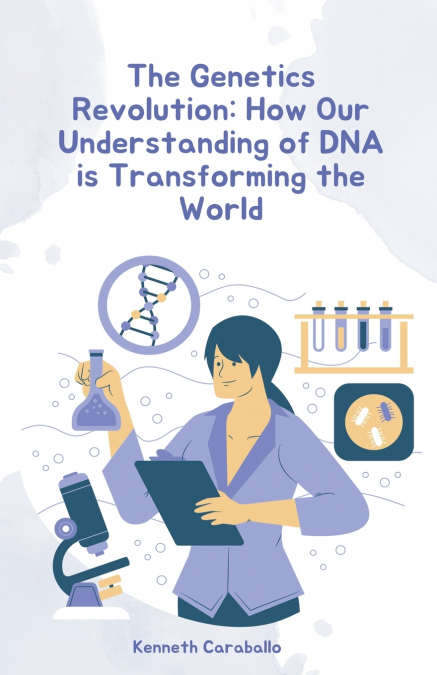
 Librería Desdémona
Librería Desdémona
 Librería Samer Atenea
Librería Samer Atenea
 Librería Aciertas (Toledo)
Librería Aciertas (Toledo)
 Kálamo Books
Kálamo Books
 Librería Perelló (Valencia)
Librería Perelló (Valencia)
 Librería Elías (Asturias)
Librería Elías (Asturias)
 Donde los libros
Donde los libros
 Librería Kolima (Madrid)
Librería Kolima (Madrid)
 Librería Proteo (Málaga)
Librería Proteo (Málaga)
The study of genetics has come a long way since the discovery of the structure of DNA in the 1950s. With the advent of new technologies such as CRISPR-Cas9, scientists have been able to manipulate genes in ways that were once unimaginable. The implications of these breakthroughs are far-reaching and profound, touching on everything from healthcare to agriculture to ethics.'The Genetics Revolution' is a book that explores the latest developments in the field of genetics and their impact on society. It takes a comprehensive look at the history of genetics, from Gregor Mendel’s experiments with pea plants to the Human Genome Project, and discusses the latest advancements in the field, including gene editing, personalized medicine, and gene therapy.The book also examines the ethical issues surrounding genetics, such as the implications of editing the DNA of human embryos and the potential for genetic discrimination. It discusses the role of genetics in society, including its use in criminal investigations and the ways in which it is transforming the food industry.Throughout the book, the author weaves in real-life examples of how genetics is being used today, from the treatment of rare genetic diseases to the creation of new types of crops that are more resilient to environmental stress.Overall, 'The Genetics Revolution' is a thought-provoking exploration of how our understanding of DNA is transforming the world and the ways in which we live our lives. It is a must-read for anyone interested in science, technology, and the future of humanity.